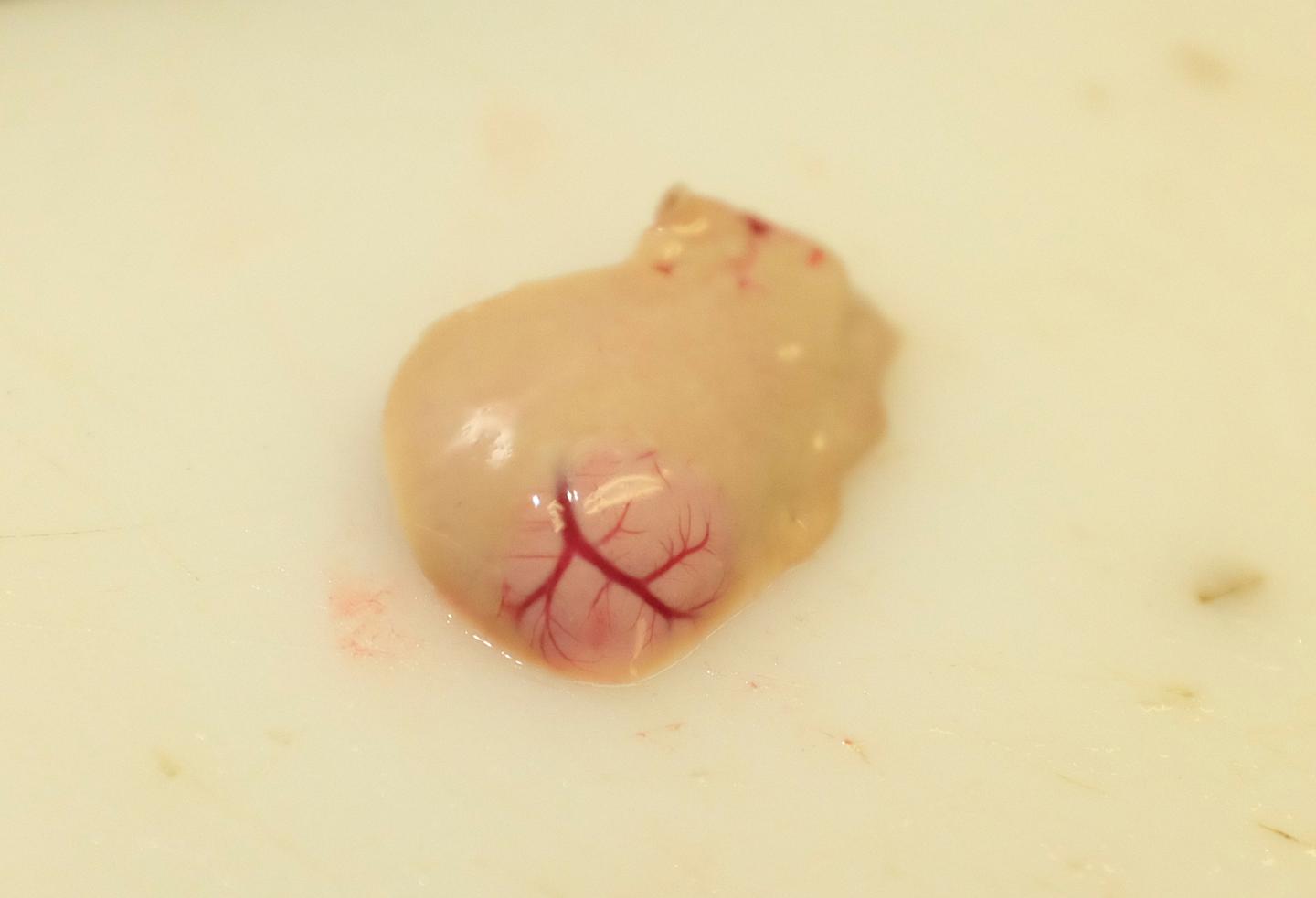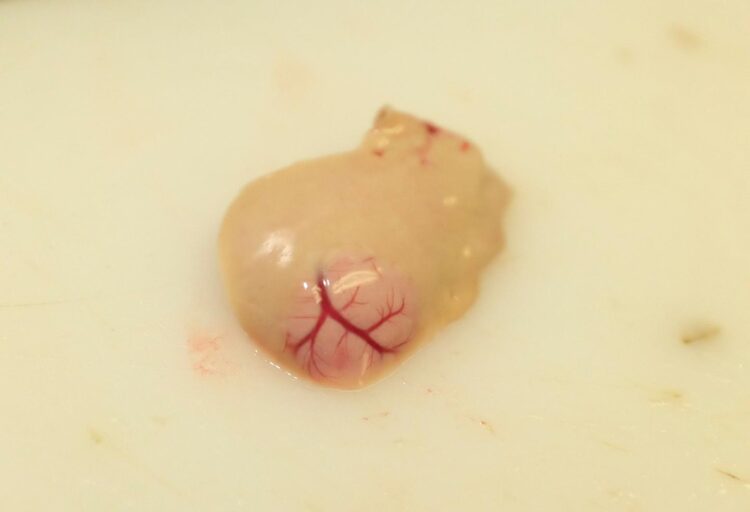
Credit: University of Tartu
The recent review, published in Environment International and led by the University of Tartu, summarises the effect of aquatic pollution on cancer prevalence in wild animals with the help of more than 300 reviewed studies. Authors shed light on understudied yet important fields in cancer research in wild animals – summarising the key effects and pointing to future research avenues to crack the puzzle of why cancer develops in polluted environments.
„What was immediately evident was the bias towards fish in current research into aquatic wildlife cancer. However, given this bias it is especially interesting that 10% of the aquatic animals diagnosed with cancer, have had this cancer associated with pollution; a figure we expect to be a lot higher in reality,” says Ciara Baines, lead author of the review.
The new article combines the information available within the scientific literature on cancer occurrences in aquatic and semi-aquatic species. The authors suggest physiological mechanisms that link pollution and cancer, including main metabolic detoxification pathways, oxidative damage effects, infections, and changes to the microbiome. In addition, it is determined: which types of aquatic animals are more vulnerable to pollution-induced cancer, which types of pollution are mainly associated with cancer in aquatic ecosystems, and which types of cancer pollution causes.
All aquatic ecosystems are vulnerable to pollution
Toxic substances such as persistent organic pollutants, pesticides, and heavy metals, but also pharmaceuticals and microplastics, have been shown to negatively affect the health and survival of aquatic organisms. One of the pollution-induced pathologies that should be at the centre of attention in ecological and evolutionary research is cancer, as anthropogenic contamination has resulted in a rapid increase of oncogenic substances in natural habitats.
Pollutants can suppress the host immune system and thus increase the susceptibility of organisms to cancer-causing pathogens and/or the long-term accumulation of pollutants and tissue damage in organs. This in turn, can initiate oncogenic processes. Based on the current review, cancer has been linked to pollution in around 30 aquatic species.
Skin cancer is a frequent outcome of living in contaminated waters in several fish species. Accordingly, next to skin cancer, cancers of the liver, that assist in processing contaminants, have been described in many fish species. Interestingly, malignant tumours in lipid-rich brain tissues, which could be a promising future study direction, are often under-described
and under-studied throughout the literature. Pointing to the gaps in research was one of the aims of a review.
Tuul Sepp, PI of the research group of cancer evolution in University of Tartu, highlights two sides of the coin in wildlife cancer studies: „On the one hand, if our activities are causing cancer in aquatic animals, it is our responsibility to know about it, to try to make it better. On the other hand, wild animals in polluted environments act as sentinels for the environmental quality for humans.”
A better understanding of tumour development processes and linkage to the contamination of the environment with oncogenic chemicals has an important role in preventing the negative effects of contamination on wild populations as well as humans.
The authors highlight the need for future research to target understanding how exposure to a chronic low-to-medium oncogenic pollutant level, combined with other ecological factors affects the health of aquatic animals. In addition, understanding the combined effects of environmental parameters and pollution cocktails on cancer prevalence is an area that needs urgent research.
###
Media Contact
Tuul Sepp
[email protected]
Related Journal Article
http://dx.





